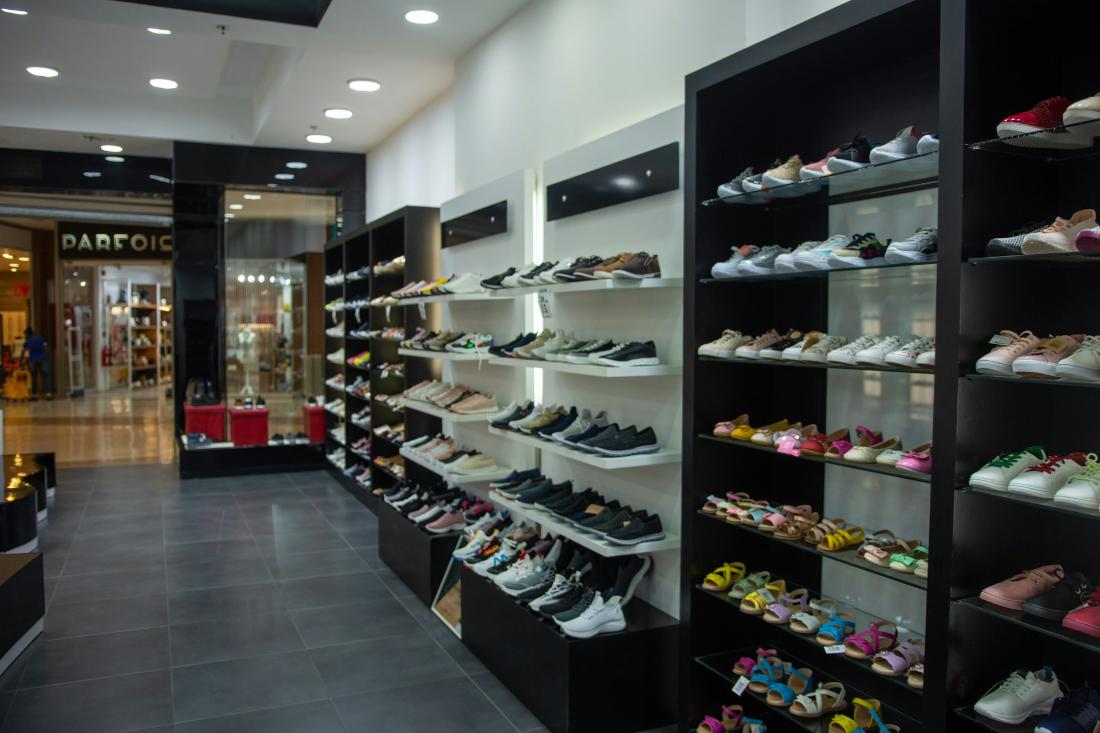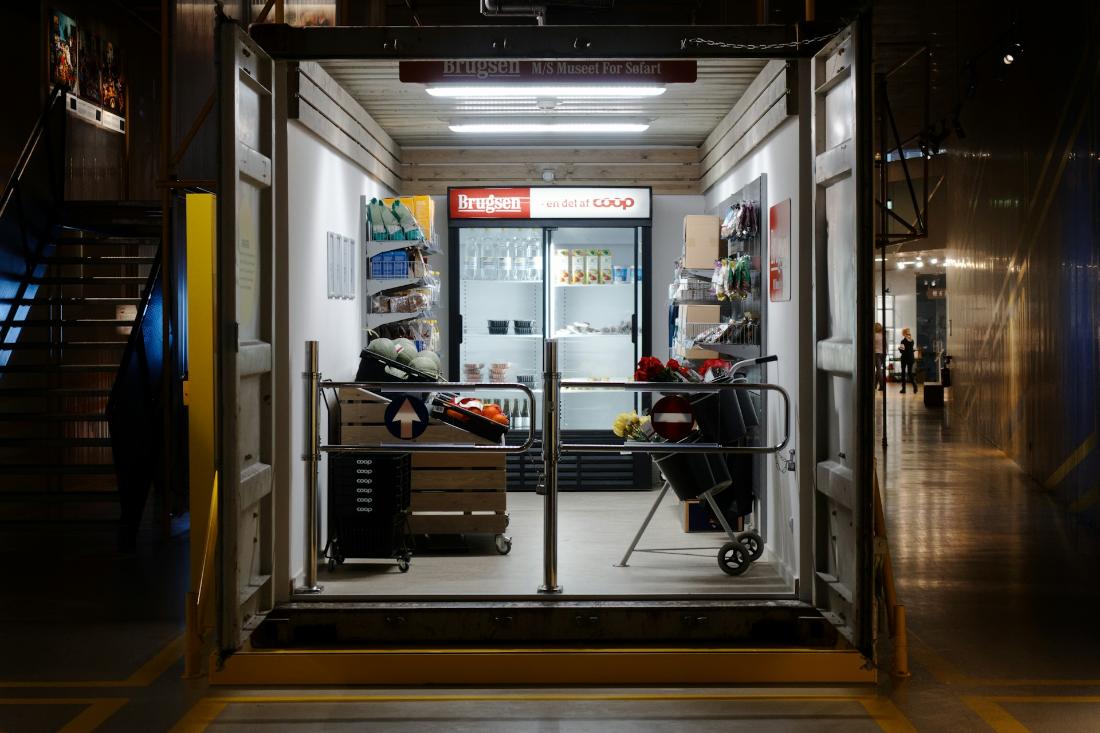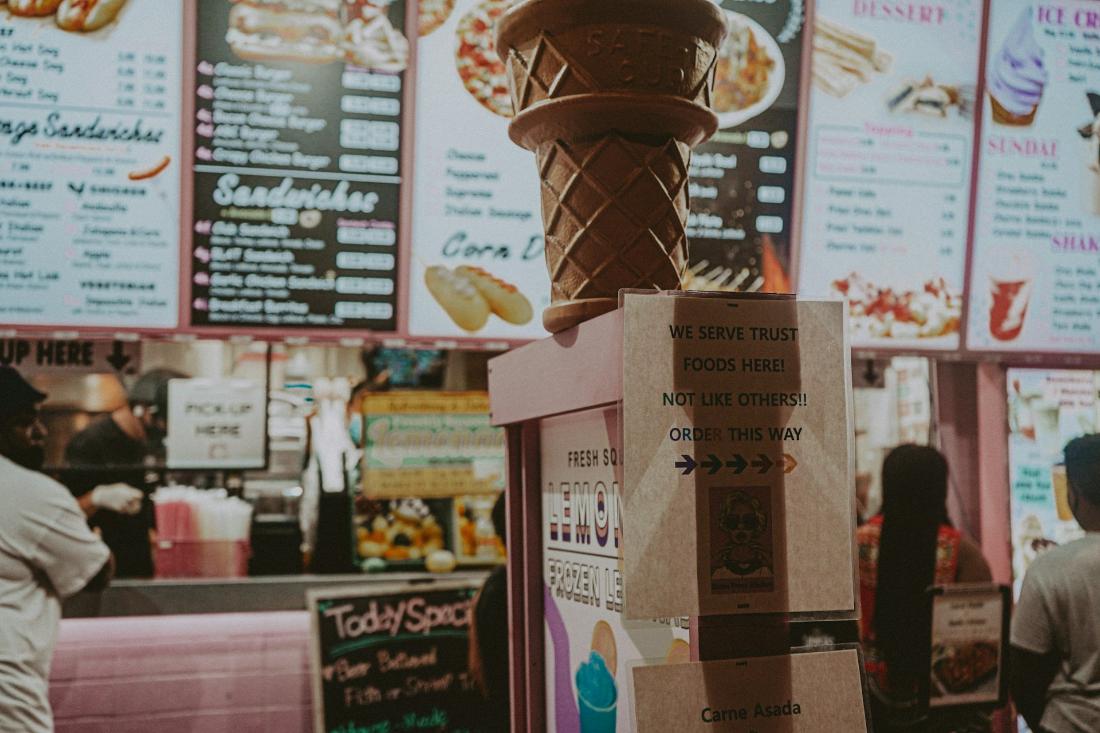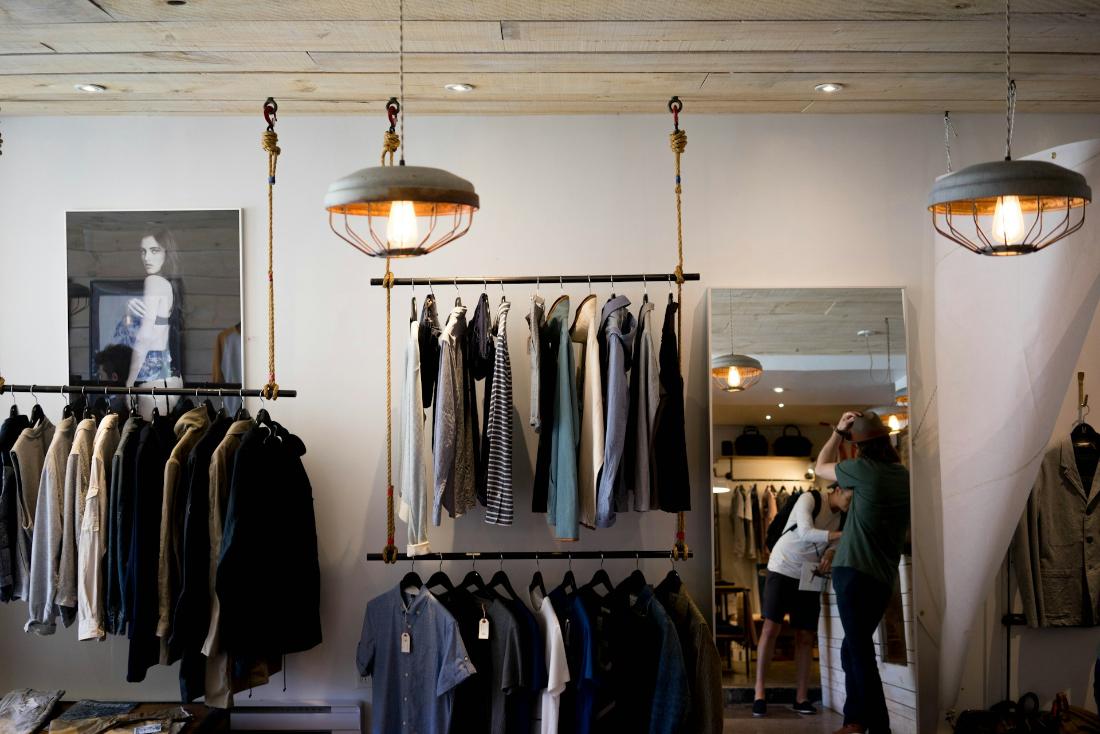Room
Retail Shop Contractor in Malaysia: Crafting Commercial Spaces That Drive Business Success
Sep 23 2025
The rhythmic sounds of construction within a vacant retail space have a particular poetry—the whir of drills, the scent of fresh paint, the careful placement of display fixtures. I remember watching a team transform a derelict shoplot in Petaling Jaya into a vibrant boutique that would become the neighborhood's new favorite destination. The retail shop contractor in Malaysia overseeing the project moved with the precision of a conductor, coordinating electricians, carpenters, and designers in a symphony of creation. In that moment, I understood that retail contractors do much more than basic construction—they are business partners who translate brand vision into physical spaces that attract customers, facilitate sales, and create memorable shopping experiences.
In Malaysia's dynamic retail landscape, where consumer preferences evolve rapidly and competition intensifies constantly, the physical retail environment has become more crucial than ever. A well-executed shop fit-out can mean the difference between a thriving business and a struggling enterprise. This article explores the multifaceted role of retail shop contractors in Malaysia's commercial ecosystem, the unique challenges of retail construction, and how to identify partners who can deliver spaces that not only look impressive but drive tangible business results.
The Malaysian Retail Challenge: Building for Diversity and Dynamism
Malaysia's retail environment presents unique challenges that demand specialized contractor expertise. The diversity of retail formats—from heritage shophouses in Penang to modern mall spaces in Kuala Lumpur—requires contractors with adaptable approaches and broad experience. Each retail location comes with its own set of constraints: heritage buildings have preservation requirements, shopping malls impose strict operating regulations, and standalone shops need to create their own foot traffic through compelling street presence.
The pace of retail change adds another layer of complexity. Where retail spaces might have remained unchanged for years in the past, today's retailers often need to refresh their environments every few years to stay relevant. This demands contractors who can work efficiently within tight timelines while maintaining quality standards. I've seen contractors complete sophisticated fit-outs during the brief overnight windows that malls allow for construction, demonstrating remarkable planning and execution capabilities.
Malaysia's multicultural consumer base also influences retail design considerations. Successful retail spaces must resonate across different demographic groups while maintaining brand consistency. A contractor working with a fashion brand explained how they adapted store layouts and lighting to appeal to both younger urban shoppers and more traditional customers—subtle adjustments that significantly impacted sales performance across different locations.
In Malaysia's dynamic retail landscape, where consumer preferences evolve rapidly and competition intensifies constantly, the physical retail environment has become more crucial than ever. A well-executed shop fit-out can mean the difference between a thriving business and a struggling enterprise. This article explores the multifaceted role of retail shop contractors in Malaysia's commercial ecosystem, the unique challenges of retail construction, and how to identify partners who can deliver spaces that not only look impressive but drive tangible business results.
The Malaysian Retail Challenge: Building for Diversity and Dynamism
Malaysia's retail environment presents unique challenges that demand specialized contractor expertise. The diversity of retail formats—from heritage shophouses in Penang to modern mall spaces in Kuala Lumpur—requires contractors with adaptable approaches and broad experience. Each retail location comes with its own set of constraints: heritage buildings have preservation requirements, shopping malls impose strict operating regulations, and standalone shops need to create their own foot traffic through compelling street presence.
The pace of retail change adds another layer of complexity. Where retail spaces might have remained unchanged for years in the past, today's retailers often need to refresh their environments every few years to stay relevant. This demands contractors who can work efficiently within tight timelines while maintaining quality standards. I've seen contractors complete sophisticated fit-outs during the brief overnight windows that malls allow for construction, demonstrating remarkable planning and execution capabilities.
Malaysia's multicultural consumer base also influences retail design considerations. Successful retail spaces must resonate across different demographic groups while maintaining brand consistency. A contractor working with a fashion brand explained how they adapted store layouts and lighting to appeal to both younger urban shoppers and more traditional customers—subtle adjustments that significantly impacted sales performance across different locations.
Understanding Retail Construction Specializations
The Malaysian retail construction market encompasses various specializations, each requiring specific expertise and approach.
Shopping Mall Fit-Outs represent perhaps the most complex retail construction category. These projects operate within tightly constrained parameters—limited access hours, strict mall regulations, and the need to coordinate with multiple stakeholders. The best mall contractors have established relationships with mall management teams and understand the nuances of working within these controlled environments. A contractor specializing in KLCC mall projects shared how their experience with the complex logistics of high-end mall construction allowed them to complete projects that less experienced teams would struggle to execute within the allowed timelines.
Heritage Shophouse Conversions require a different skill set altogether. These projects balance historical preservation with modern retail requirements, often dealing with structural challenges, conservation guidelines, and unique spatial characteristics. The most successful heritage contractors understand both traditional building techniques and how to integrate modern systems sensitively. I admired a boutique hotel conversion in Malacca where the contractor had preserved the building's historical character while creating a retail space that met all contemporary operational requirements.
Pop-Up and Temporary Retail Spaces have emerged as an important category in Malaysia's evolving retail landscape. These projects demand rapid deployment, flexibility, and cost-effectiveness without compromising on brand presentation. Contractors specializing in this niche have developed modular systems and rapid installation techniques that allow brands to create compelling temporary environments. A pop-up specialist in Kuala Lumpur showed me how they could deploy a complete brand experience within 48 hours—a capability that has become increasingly valuable for product launches and seasonal promotions.
Food and Beverage Outlets present their own unique requirements, from specialized ventilation systems to compliance with strict health regulations. Contractors in this space must understand kitchen workflow, customer flow patterns, and the specific technical requirements of different food service concepts. The success of a popular cafe chain in Penang was partly attributed to their contractor's deep understanding of how to create efficient back-of-house operations while maintaining an inviting customer environment.
What Separates Exceptional Retail Contractors
The difference between adequate retail construction and exceptional brand environment creation becomes apparent in both immediate results and long-term performance. Through evaluating numerous retail projects across Malaysia, several key differentiators emerge among top-tier contractors.
Brand Understanding and Interpretation separates true retail specialists from general contractors. The best contractors invest time in understanding the brand's identity, target audience, and operational requirements before beginning design development. They think like retailers, considering how every design decision will impact customer experience and staff efficiency. A contractor working with an international beauty brand developed custom display solutions that not only looked beautiful but significantly reduced staff restocking time—a operational improvement that directly impacted profitability.
Technical Expertise in Retail Systems ensures spaces function optimally for their intended purpose. This includes understanding lighting requirements for different product categories, acoustic considerations for various retail environments, and the technical specifications of retail equipment. The most knowledgeable contractors maintain relationships with equipment suppliers and understand how to integrate complex systems seamlessly. A electronics retailer credited their contractor's understanding of display technology with creating an environment that significantly increased customer engagement and sales conversion.
Project Management and Timeline Adherence is particularly crucial in retail construction where delayed openings can have significant financial implications. Exceptional contractors develop detailed project schedules that account for all dependencies and potential bottlenecks. Their experience with similar projects allows them to anticipate challenges and develop contingency plans. I witnessed a remarkable feat of project management where a contractor completed a complex fit-out in a Bukit Bintang mall two days ahead of schedule despite unexpected structural issues—saving the retailer substantial rental costs and enabling an earlier launch.
Regulatory Compliance and Approval Management prevents costly delays and revisions. Quality retail contractors understand the specific requirements of different local authorities, mall managements, and regulatory bodies. They manage the approval process efficiently, ensuring compliance while maintaining design integrity. This expertise proved invaluable for a international retailer expanding into Malaysia, where local regulations differed significantly from their home market requirements.
The Malaysian retail construction market encompasses various specializations, each requiring specific expertise and approach.
Shopping Mall Fit-Outs represent perhaps the most complex retail construction category. These projects operate within tightly constrained parameters—limited access hours, strict mall regulations, and the need to coordinate with multiple stakeholders. The best mall contractors have established relationships with mall management teams and understand the nuances of working within these controlled environments. A contractor specializing in KLCC mall projects shared how their experience with the complex logistics of high-end mall construction allowed them to complete projects that less experienced teams would struggle to execute within the allowed timelines.
Heritage Shophouse Conversions require a different skill set altogether. These projects balance historical preservation with modern retail requirements, often dealing with structural challenges, conservation guidelines, and unique spatial characteristics. The most successful heritage contractors understand both traditional building techniques and how to integrate modern systems sensitively. I admired a boutique hotel conversion in Malacca where the contractor had preserved the building's historical character while creating a retail space that met all contemporary operational requirements.
Pop-Up and Temporary Retail Spaces have emerged as an important category in Malaysia's evolving retail landscape. These projects demand rapid deployment, flexibility, and cost-effectiveness without compromising on brand presentation. Contractors specializing in this niche have developed modular systems and rapid installation techniques that allow brands to create compelling temporary environments. A pop-up specialist in Kuala Lumpur showed me how they could deploy a complete brand experience within 48 hours—a capability that has become increasingly valuable for product launches and seasonal promotions.
Food and Beverage Outlets present their own unique requirements, from specialized ventilation systems to compliance with strict health regulations. Contractors in this space must understand kitchen workflow, customer flow patterns, and the specific technical requirements of different food service concepts. The success of a popular cafe chain in Penang was partly attributed to their contractor's deep understanding of how to create efficient back-of-house operations while maintaining an inviting customer environment.
What Separates Exceptional Retail Contractors
The difference between adequate retail construction and exceptional brand environment creation becomes apparent in both immediate results and long-term performance. Through evaluating numerous retail projects across Malaysia, several key differentiators emerge among top-tier contractors.
Brand Understanding and Interpretation separates true retail specialists from general contractors. The best contractors invest time in understanding the brand's identity, target audience, and operational requirements before beginning design development. They think like retailers, considering how every design decision will impact customer experience and staff efficiency. A contractor working with an international beauty brand developed custom display solutions that not only looked beautiful but significantly reduced staff restocking time—a operational improvement that directly impacted profitability.
Technical Expertise in Retail Systems ensures spaces function optimally for their intended purpose. This includes understanding lighting requirements for different product categories, acoustic considerations for various retail environments, and the technical specifications of retail equipment. The most knowledgeable contractors maintain relationships with equipment suppliers and understand how to integrate complex systems seamlessly. A electronics retailer credited their contractor's understanding of display technology with creating an environment that significantly increased customer engagement and sales conversion.
Project Management and Timeline Adherence is particularly crucial in retail construction where delayed openings can have significant financial implications. Exceptional contractors develop detailed project schedules that account for all dependencies and potential bottlenecks. Their experience with similar projects allows them to anticipate challenges and develop contingency plans. I witnessed a remarkable feat of project management where a contractor completed a complex fit-out in a Bukit Bintang mall two days ahead of schedule despite unexpected structural issues—saving the retailer substantial rental costs and enabling an earlier launch.
Regulatory Compliance and Approval Management prevents costly delays and revisions. Quality retail contractors understand the specific requirements of different local authorities, mall managements, and regulatory bodies. They manage the approval process efficiently, ensuring compliance while maintaining design integrity. This expertise proved invaluable for a international retailer expanding into Malaysia, where local regulations differed significantly from their home market requirements.
Emerging Trends in Retail Construction
The retail construction industry continues to evolve with new approaches responding to changes in consumer behavior and retail technology.
Experiential Retail Environments have moved from novelty to necessity. Contractors are increasingly creating spaces that offer experiences beyond simple transactions—interactive displays, workshop areas, and social spaces that encourage longer dwell times. These environments require sophisticated integration of technology, flexible spaces, and durable materials that can withstand high levels of customer interaction.
Sustainable Retail Design addresses growing consumer interest in environmental responsibility. Energy-efficient lighting systems, sustainable materials, and waste-reduction strategies are becoming standard requirements rather than optional extras. Forward-thinking contractors have developed expertise in green building certifications and sustainable construction practices that appeal to environmentally conscious consumers.
Technology Integration has transformed from add-on to core requirement. Retail spaces now need to accommodate seamless integration of digital and physical experiences—from interactive mirrors to mobile payment systems. Contractors must understand both the physical infrastructure requirements and how to create spaces where technology enhances rather than dominates the customer experience.
Flexible and Adaptable Spaces respond to the rapid pace of retail change. Modular display systems, movable partitions, and multi-functional spaces allow retailers to refresh their environments frequently without major reconstruction. This approach represents a significant shift from the permanent, fixed environments of the past toward more dynamic and adaptable retail spaces.
The retail construction industry continues to evolve with new approaches responding to changes in consumer behavior and retail technology.
Experiential Retail Environments have moved from novelty to necessity. Contractors are increasingly creating spaces that offer experiences beyond simple transactions—interactive displays, workshop areas, and social spaces that encourage longer dwell times. These environments require sophisticated integration of technology, flexible spaces, and durable materials that can withstand high levels of customer interaction.
Sustainable Retail Design addresses growing consumer interest in environmental responsibility. Energy-efficient lighting systems, sustainable materials, and waste-reduction strategies are becoming standard requirements rather than optional extras. Forward-thinking contractors have developed expertise in green building certifications and sustainable construction practices that appeal to environmentally conscious consumers.
Technology Integration has transformed from add-on to core requirement. Retail spaces now need to accommodate seamless integration of digital and physical experiences—from interactive mirrors to mobile payment systems. Contractors must understand both the physical infrastructure requirements and how to create spaces where technology enhances rather than dominates the customer experience.
Flexible and Adaptable Spaces respond to the rapid pace of retail change. Modular display systems, movable partitions, and multi-functional spaces allow retailers to refresh their environments frequently without major reconstruction. This approach represents a significant shift from the permanent, fixed environments of the past toward more dynamic and adaptable retail spaces.
Choosing Your Retail Construction Partner
Selecting the right retail contractor requires careful evaluation of both capability and cultural fit. Based on extensive retail industry experience, here's what business owners should consider:
Industry Specific Experience should match your retail category. A contractor experienced in fashion retail may not understand the specific requirements of a restaurant or electronics store. Review their portfolio for projects similar to yours in scale and concept.
Technical Capabilities and Resources ensure they can deliver your vision. Inquire about their in-house capabilities versus subcontracting, their equipment resources, and their team's qualifications. Contractors with strong technical teams can often suggest cost-saving alternatives without compromising quality.
Financial Stability and References provide assurance of reliability. Check references thoroughly and ensure the contractor has the financial capacity to manage your project without cash flow issues that could cause delays. Speaking with past clients about their experience can reveal much about how the contractor handles challenges.
Communication and Collaboration Style should align with your business culture. Retail projects require close collaboration between contractor and client. Ensure their communication style and project management approach will work well with your team's way of working.
The Business of Building Retail Success
Quality retail construction does more than create attractive spaces—it builds business success by enhancing customer experience, improving operational efficiency, and strengthening brand identity. The right retail contractor becomes a strategic partner in this process, providing not just construction services but valuable insights into how physical environments can drive commercial results.
In Malaysia's competitive retail market, where consumer expectations continue to rise and digital competition intensifies, that partnership can create the compelling physical experiences that keep customers coming back. The best contractors understand that they're not just building spaces—they're building business success through environments that engage customers, empower staff, and express brand values in every detail.
Selecting the right retail contractor requires careful evaluation of both capability and cultural fit. Based on extensive retail industry experience, here's what business owners should consider:
Industry Specific Experience should match your retail category. A contractor experienced in fashion retail may not understand the specific requirements of a restaurant or electronics store. Review their portfolio for projects similar to yours in scale and concept.
Technical Capabilities and Resources ensure they can deliver your vision. Inquire about their in-house capabilities versus subcontracting, their equipment resources, and their team's qualifications. Contractors with strong technical teams can often suggest cost-saving alternatives without compromising quality.
Financial Stability and References provide assurance of reliability. Check references thoroughly and ensure the contractor has the financial capacity to manage your project without cash flow issues that could cause delays. Speaking with past clients about their experience can reveal much about how the contractor handles challenges.
Communication and Collaboration Style should align with your business culture. Retail projects require close collaboration between contractor and client. Ensure their communication style and project management approach will work well with your team's way of working.
The Business of Building Retail Success
Quality retail construction does more than create attractive spaces—it builds business success by enhancing customer experience, improving operational efficiency, and strengthening brand identity. The right retail contractor becomes a strategic partner in this process, providing not just construction services but valuable insights into how physical environments can drive commercial results.
In Malaysia's competitive retail market, where consumer expectations continue to rise and digital competition intensifies, that partnership can create the compelling physical experiences that keep customers coming back. The best contractors understand that they're not just building spaces—they're building business success through environments that engage customers, empower staff, and express brand values in every detail.



